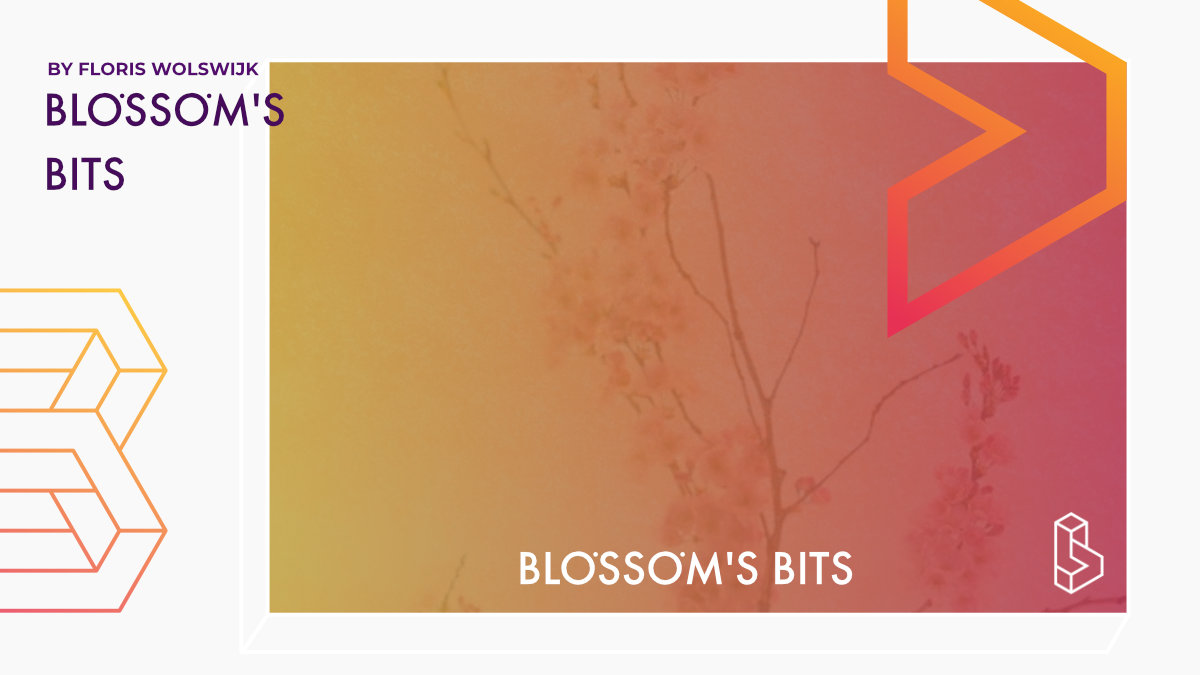MDMA-assisted therapy (-AT) has been under investigation for treating PTSD – now a new study will investigate the protocol for treating depression.
Tor-Morten Kvam is a psychiatrist at the PsykForsk research team at Østfold hospital. Unfamiliar with psychedelics just 5 years ago – he is now leading the world’s first MDMA trial for depression.
I spoke with him to discover 1) why he initiated the trial, and 2) how it will take place.
1. If it works for PTSD, can MDMA-AT also work for depression?
Tor-Morten believes so: “We know that psychotherapy works for depression (MDD). As we have seen in the PTSD trials, MDMA-AT is drug-facilitated therapy that can result in a very deep and transformative experience.”
“The data from the MAPS PTSD trials suggest a reduction in depressive symptoms when depression is a secondary measure. Some of the ways MDMA-AT could help people with depression is by providing them with more insights and more self-compassion.”
Next to the MAPS trials, there is anecdotal data from the 60-80s about the positive effects of MDMA-AT on depression. Another arrow in the right direction is correlational data, showing that those who use MDMA have a lower prevalence of depression.
2. The trial will follow a similar structure to the MDMA for PTSD study
The upcoming study – which is mainly funded by the Norwegian government – will follow the same protocol as that of the MAPS studies.
“Overall, they are actually quite similar. Of course, we have a different indication (MDD) and also different outcome measures but the therapeutic intervention is more or less the same.”
Tor-Morten is preparing for differences though: “I think some unexpected things may come to the surface during the depression trial and I am interested to see will they differ from those with PTSD. For example, what kinds of attachment issues or relational issues could contribute to someone’s depression.”
He’s also aware of the criticism that the MAPS protocol allows for too much leeway.
On the one hand: “As therapists, we take our training into therapy. Each of us has received different training. I think it’s very important to be authentic and be ourselves as therapists.”
On the other hand: “It is important to maintain consistency across therapists and adherence to the therapeutic approach. Our aim in our upcoming trial is to stick to the inner-directive approach as much as possible.”
The MDMA-AT for MDD trial is expected to start recruiting any moment now.
See my full interview with Tor-Morten on Blossom’s website.
Become a psychedelic insider
Get a Pro Membership to enjoy these benefits & support Blossom📈 full reports on Topics & Compounds
🧵 full summary reviews of research papers
🚀 full access to new articles
See Memberships

